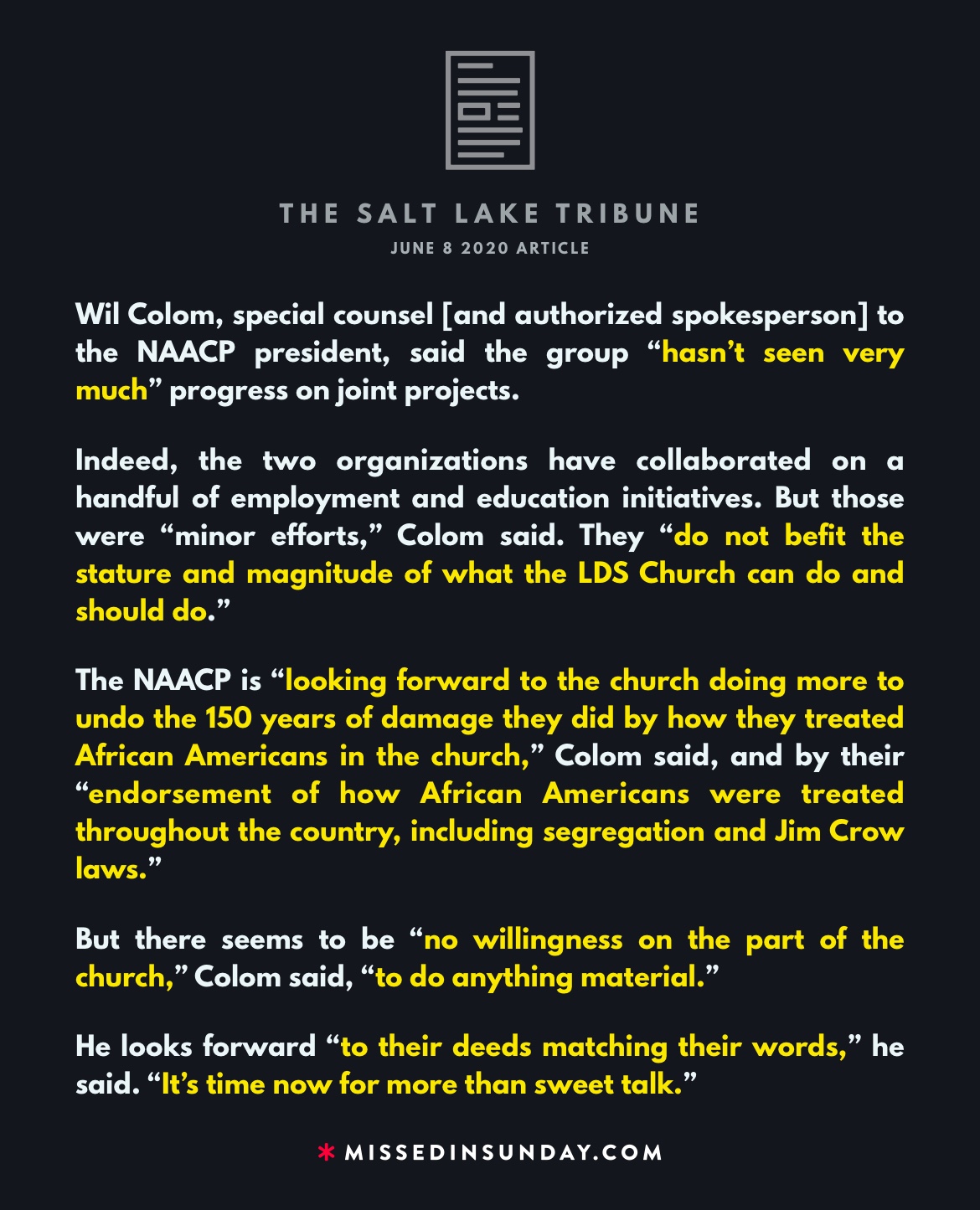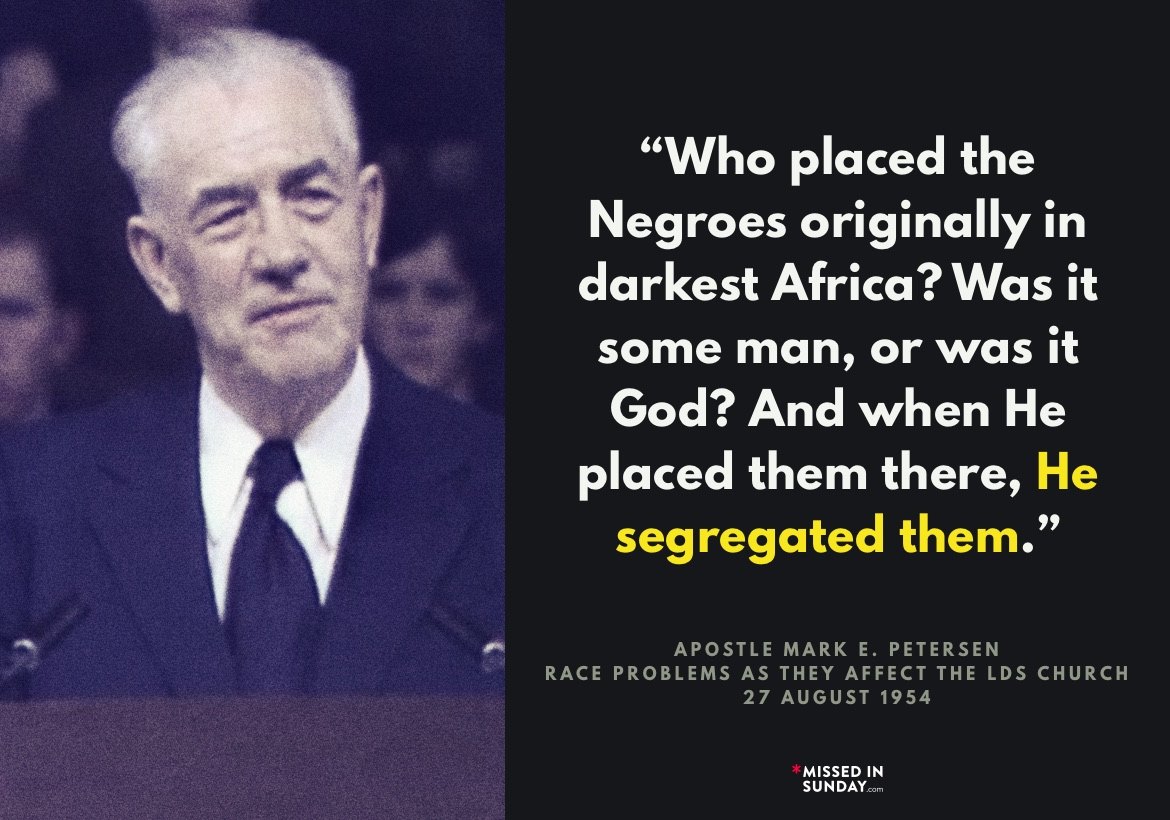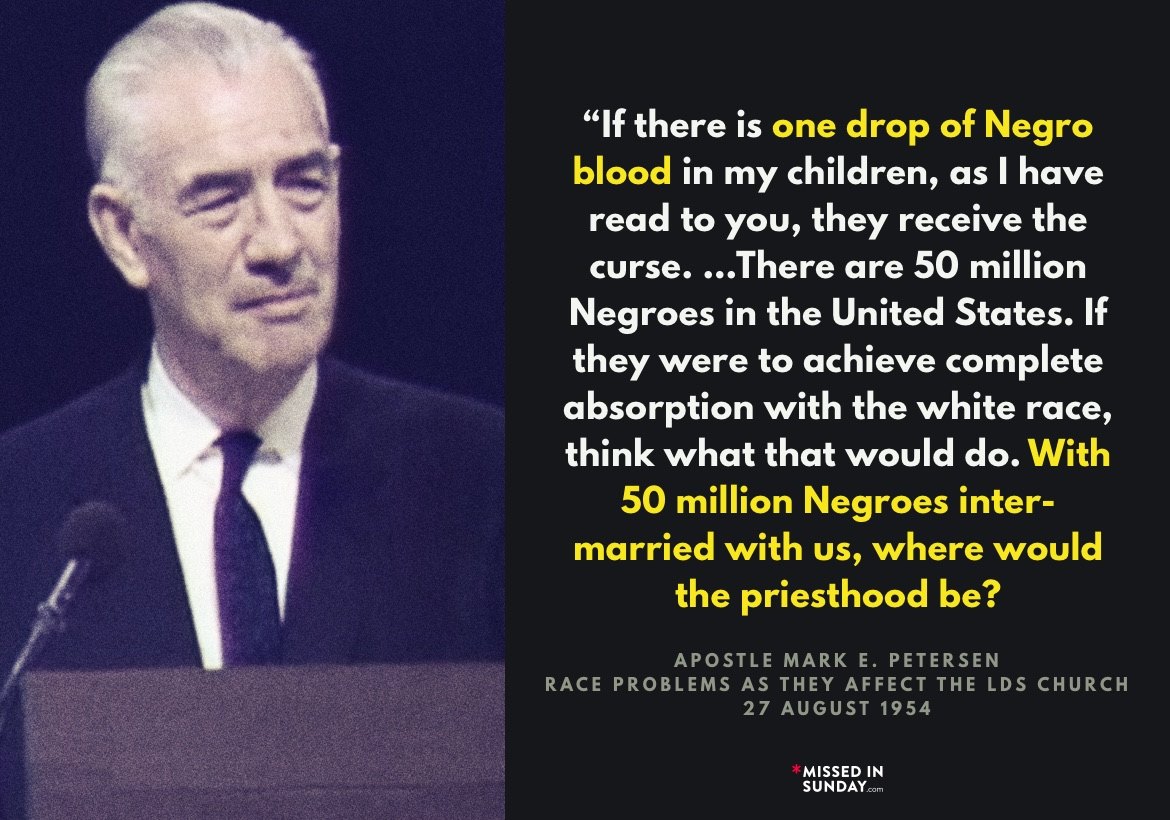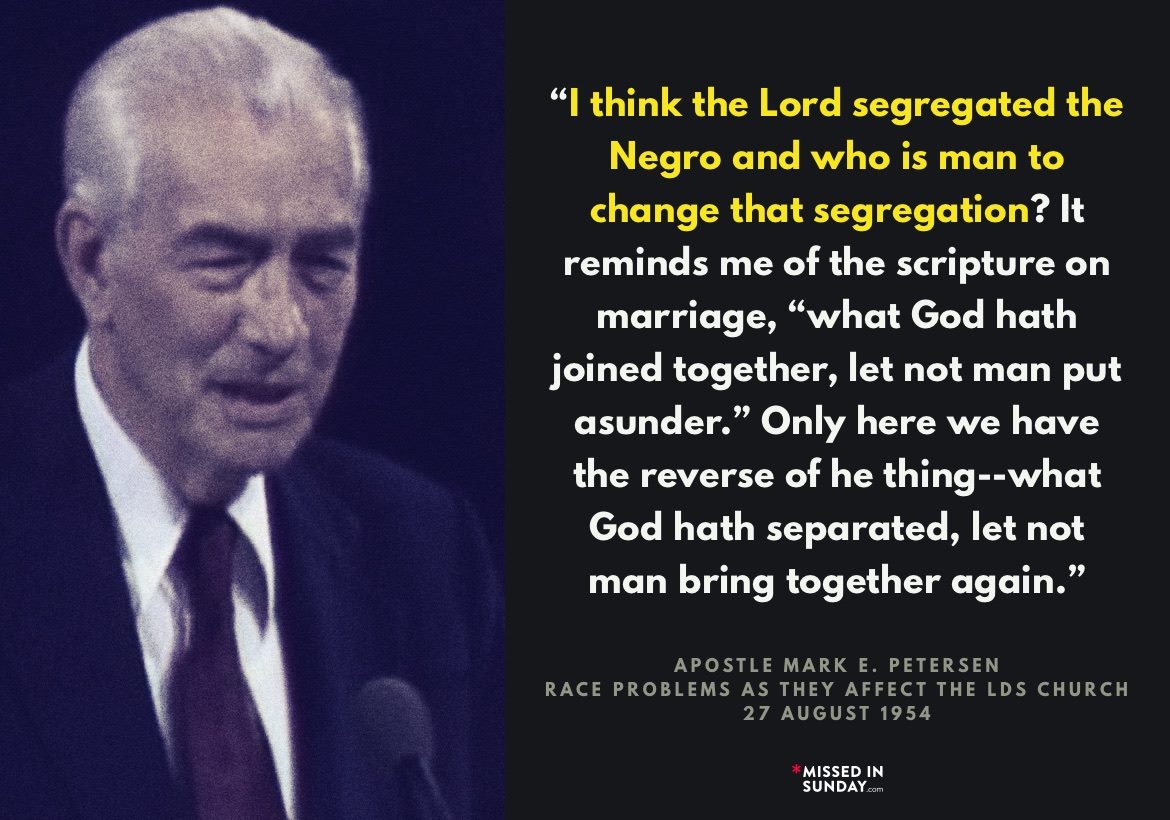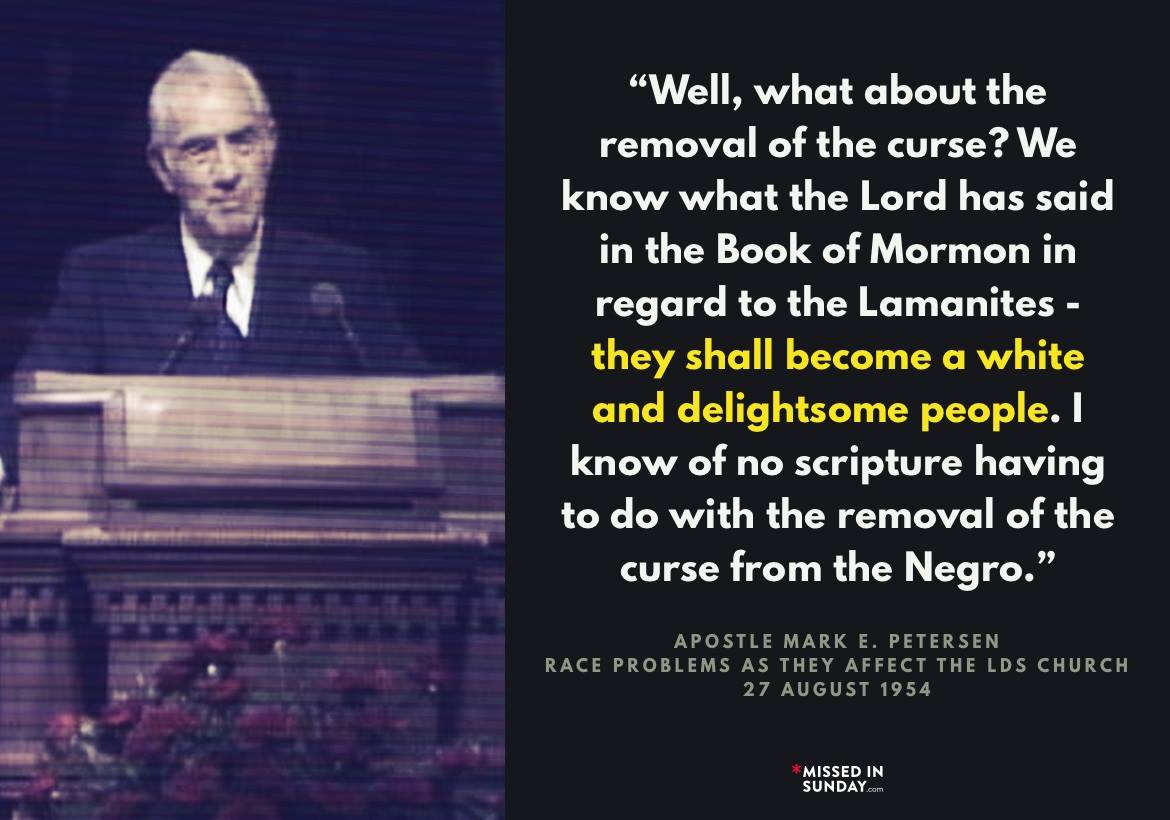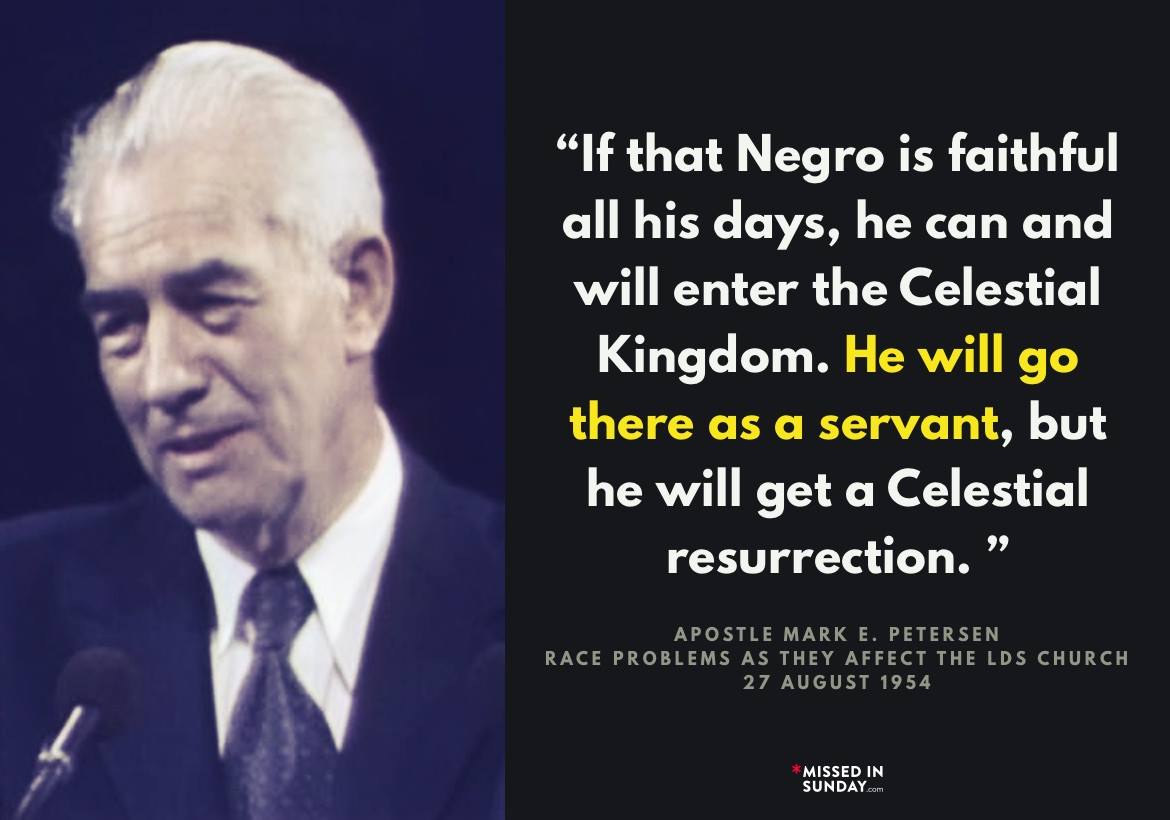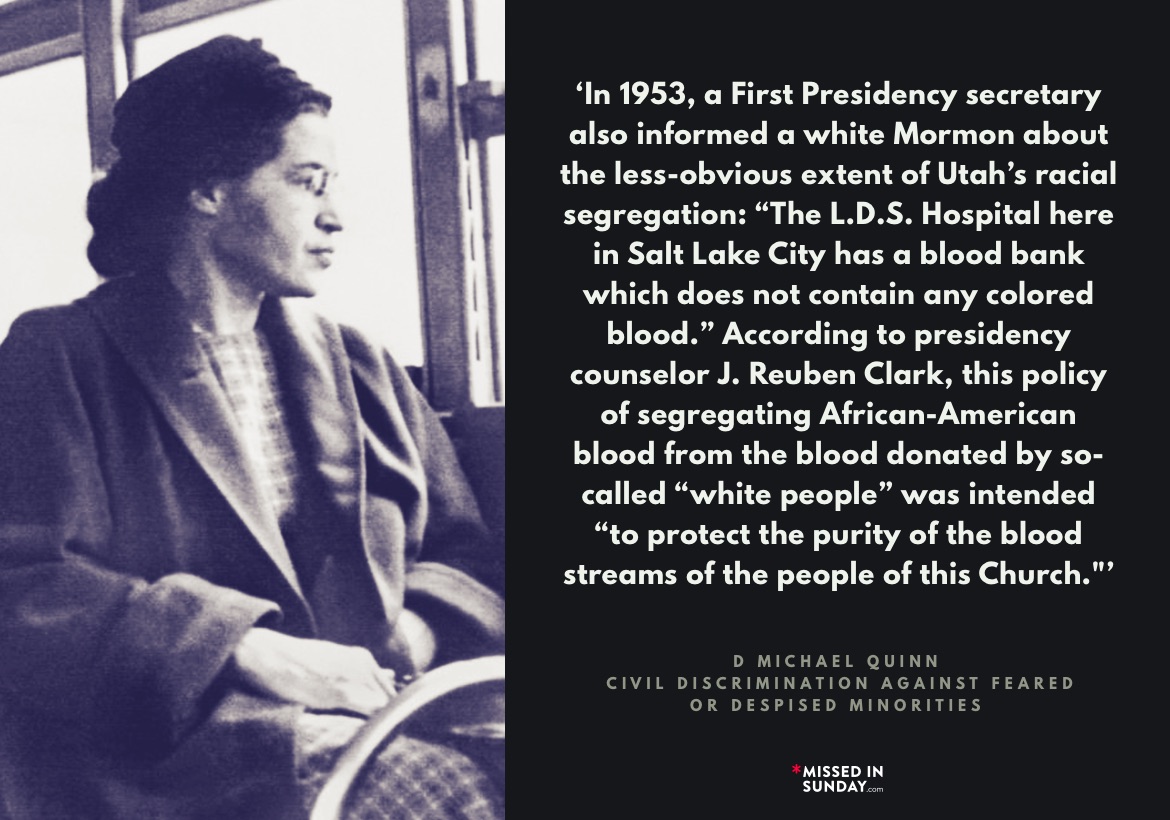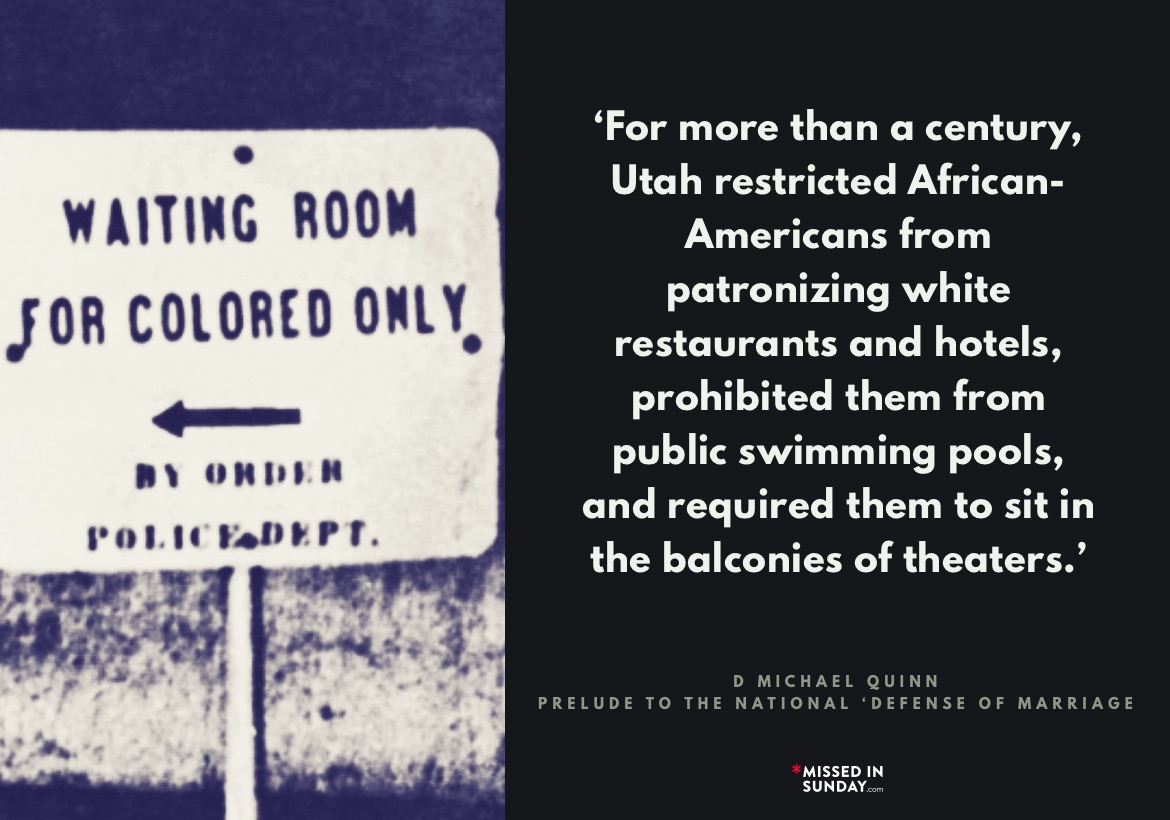Excerpt from a Salt Lake Tribune article from June 8 2020, ‘Despite joining President Nelson in call to end racism, NAACP would like to see the LDS Church do more.’: 1
In yet another symbolic gesture of racial unity, LDS Church President Russell M. Nelson joined with top NAACP leaders Monday in calling for an end to “prejudice of all kinds.”
High-level representatives of the two groups delivered much the same message opposing racism as they had two years ago but during a much different moment — coming amid nationwide protests in the wake of the George Floyd killing.
“Unitedly we declare that the answers to racism, prejudice, discrimination and hate will not come from government or law enforcement alone,” they wrote in an op-ed for Medium. “Solutions will come as we open our hearts to those whose lives are different than our own, as we work to build bonds of genuine friendship, and as we see each other as the brothers and sisters we are — for we are all children of a loving God.”
Theirs is an unexpected and unfolding collaboration.
The Church of Jesus Christ of Latter-day Saints’ centurylong ban barring blacks from its all-male priesthood and from its temples kept the Utah-based faith at odds with the NAACP well after the ban ended in 1978.
Now, 42 years after that prohibition was lifted, the nation’s oldest civil rights organization and the church have become increasingly friendly, but their emerging partnership has not borne the fruits that some NAACP leaders had hoped.
While he supports the sentiments expressed in Monday’s article, Wil Colom, special counsel to the NAACP president, said the group “hasn’t seen very much” progress on joint projects.
The LDS Church has united with the historic black activists, the Medium piece said, to explore “ways to work together to improve self-reliance and upward mobility for inner-city and minority families.”
Indeed, the two organizations have collaborated on a handful of employment and education initiatives. But those were “minor efforts,” Colom said. They “do not befit the stature and magnitude of what the LDS Church can do and should do.”
The NAACP is “looking forward to the church doing more to undo the 150 years of damage they did by how they treated African Americans in the church,” Colom said, and by their “endorsement of how African Americans were treated throughout the country, including segregation and Jim Crow laws.”
Derrick Johnson — the NAACP president and CEO, who signed the op-ed with Nelson and who met in Salt Lake City with the Latter-day Saint leader in May 2018 — said Monday that Colom was authorized to speak for the organization.
“Since the relationship, formalized just two years ago, both organizations have learned much about one another,” church spokesman Doug Andersen said Monday. “Pilot projects involving money management and self-reliance have been completed in cities throughout the country with more to come. Senior leaders from both organizations continue to engage in determining how best to meet the practical needs of both organizations.”
Monday’s article, also signed by Leon Russell, NAACP board chairman, and the Rev. Amos C. Brown, chairman emeritus of religious affairs for the group, decried Floyd’s death while in Minneapolis police custody as a “heinous act of violence” and urged “government, business, and educational leaders at every level to review processes, laws, and organizational attitudes regarding racism and root them out once and for all.”
Saying that the “wheels of justice should move fairly for all,” the leaders lamented the “anger, hate, contempt and violence spilling onto America’s streets” and prodded parents, family members and educators to teach children to “love all, and find the good in others.”
Both groups “have learned lessons from the past,” the joint commentary piece stated. “Both of us have been willing to listen to and learn from each other.”
But there seems to be “no willingness on the part of the church,” Colom said, “to do anything material.”
He looks forward “to their deeds matching their words,” he said. “It’s time now for more than sweet talk.”
References
| 1 | Salt Lake Tribune article from June 8 2020, ‘Despite joining President Nelson in call to end racism, NAACP would like to see the LDS Church do more.’ – https://www.sltrib.com/religion/2020/06/09/despite-joining-president/?fbclid=IwAR2nZ_cHBXw3mvFJEP7s8rwlBq3fEPqdtjuAEVBHEv6hm2hf4MTjZ9LZAao |
|---|

